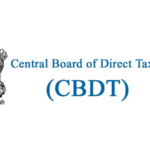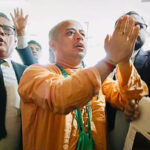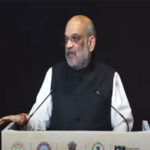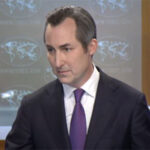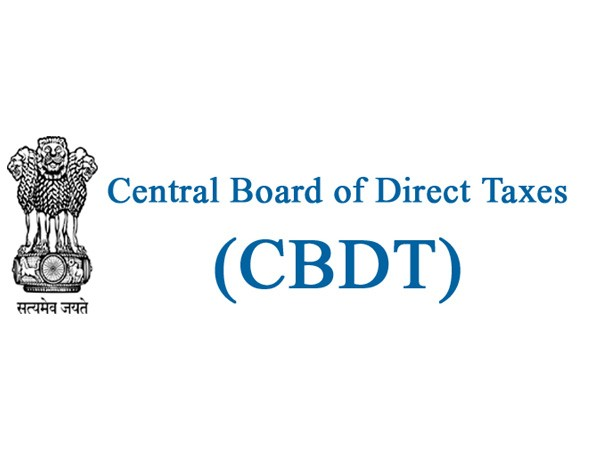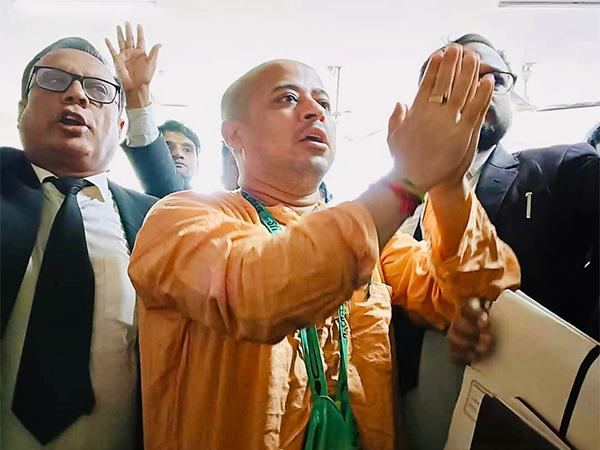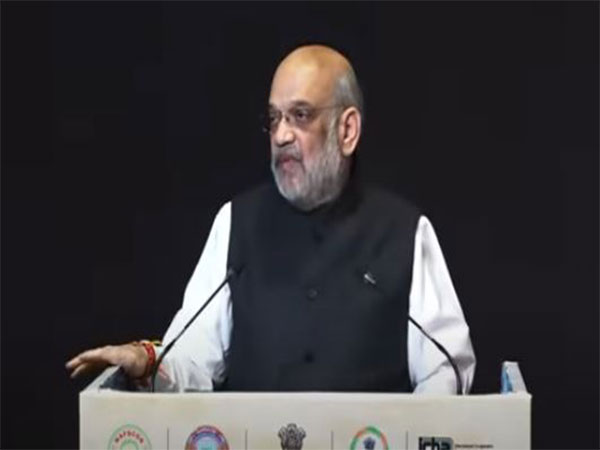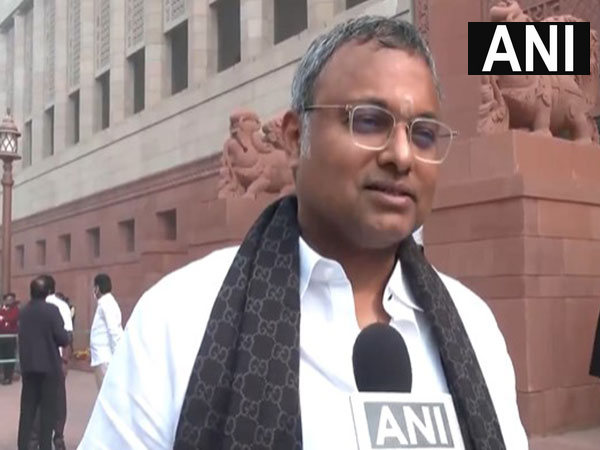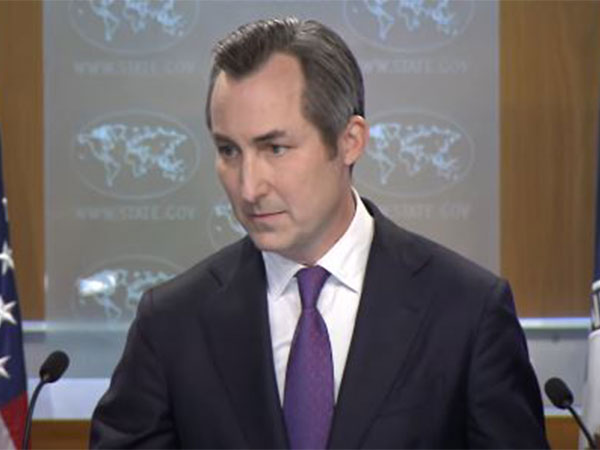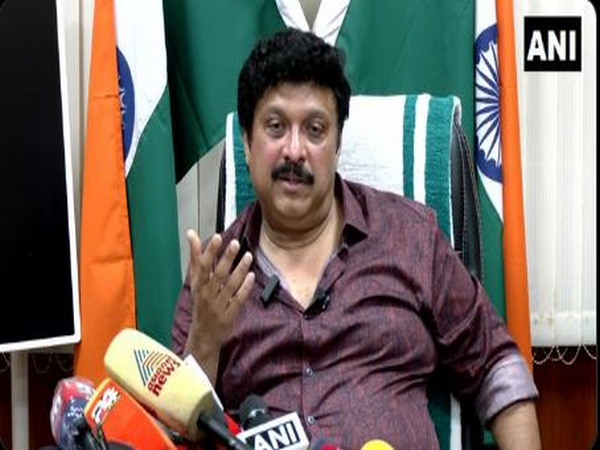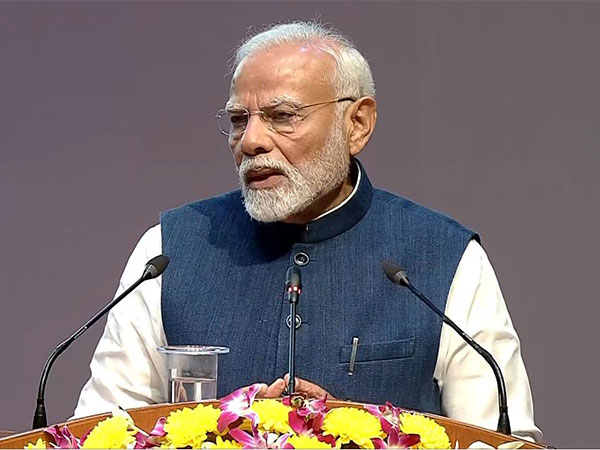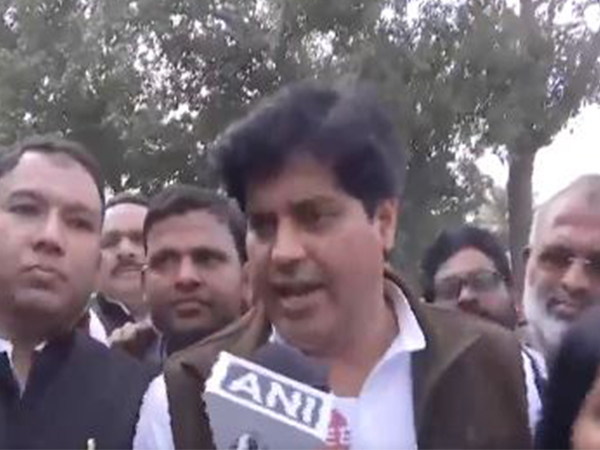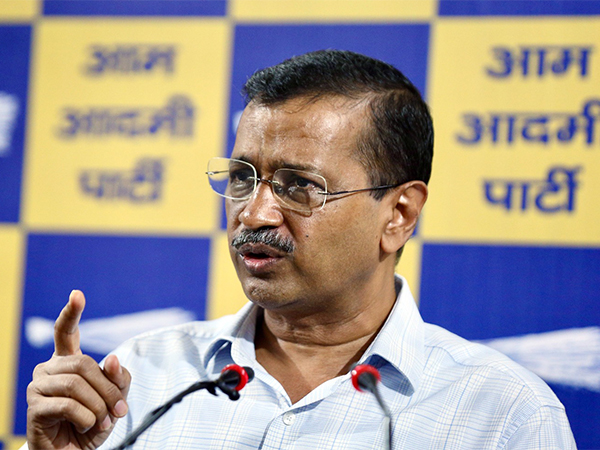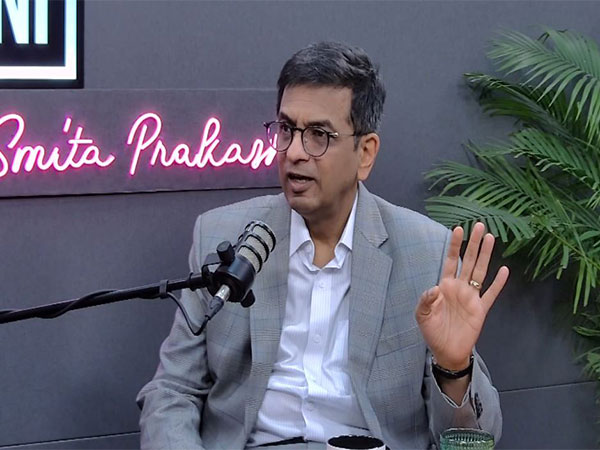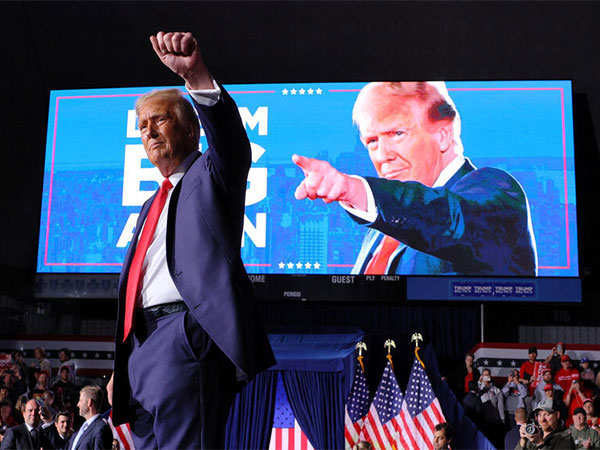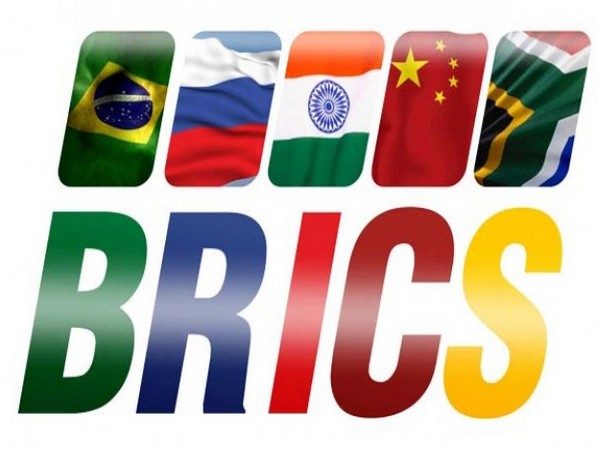
New Delhi [India], August 3 (ANI): India on Tuesday placed its top priority on counter-terrorism and on the wider use of technology at the first BRICS (Brazil, Russia, India, China and South Africa) Workshop on Digital Forensics.
Speaking at the inaugural session virtually, Sanjay Bhattacharyya, Secretary Consular, Passport, Visa & Overseas Indian Affairs (CPV&OIA) said, “Today’s workshop thus fits in with the topmost priorities of BRICS and in fact, straddles two of them- on counter-terrorism and on the wider use of technology.”
“Digital forensics and CT investigation capabilities form the backbone of an effective response to the use of the internet for terrorist purposes. Dealing with this key issue would involve 3 key elements – appreciation of technology, legal mechanisms, and cooperation between law enforcement agencies, including within BRICS,” read the Ministry of Foreign Affairs press release.
Congratulating the group on the excellent coordination achieved in the field of security and recent agreement on the Counter-Terrorism Action Plan, which is a major deliverable of India’s Chairship.
He said, “Some of the areas of focus could include communication between different law enforcement agencies; inter-agency cooperation; training for CT investigations; joint initiatives; centralized repository of information/data; sharing best practices for the monitoring of certain groups and entities with suspected terrorist connections; cyber patrolling activities; and others. The establishment of formal channels of communications and nodal points will be useful.”
India had earlier defined the objectives of its Chairship is based on three pillars – political and security, economic and financial and cultural and people to people.
Celebrating the 15th anniversary of the BRICS group, he said, “We place priority on reformed multilateralism, counter-terrorism engagement, use of digital and technological means to attain SDGs and deeper people-to-people exchanges.”
Regarding technology, the Indian diplomat laid stress on advancing rapidly as terrorists have the advantage of being able to use it without legal or moral scruples.
“While governments are working hard, the fact remains that much of the expertise and technical knowledge rests with the private sector and there is a strong case to be made for public-private partnerships not just within member-states but across member-states,” he said.
Simultaneously, he also focussed upon the capabilities built up within law enforcement agencies since they are needed for the long term.
“The challenges that digital forensics examiners face with the increasing trend of anti-forensics techniques, especially encryption of digital evidence and usage of anonymising tech, raise the need to increase capacities in-network and malware forensic areas. I recommend developing a forensic lab and a forensic manual to facilitate the investigation of online crimes including encryption of digital evidence and use of blockchain technology for evidence gathering,” said Bhattacharyya.
Speaking on legal mechanisms, he laid stress on the concerted efforts needed to address the dangers posed by terrorists and other violators in digital crime and also to adjust to the fast-changing technology environment.
“We have to consolidate the relevant legislation under a comprehensive Act. These mechanisms will have to be forward-looking and future-oriented. On the one hand, it should provide for more pro-active and preventive digital evidence, capacity building and collaboration between agencies while on the other it also has to be cognizant of data security, personal liberty and democratic values. I recognise each of you have done considerable work at the national level, the idea is to share best practices at the BRICS level,” said Bhattacharyya.
He further wished the workshop great success.
“I hope it will build contacts, develop procedures for direct exchanges between member countries to preserve digital evidence, expedite forensic investigations and prevent gaps in communication, and strengthen existing collaboration to wipe out the scourge of terrorism through collaborative BRICS action,” said the Indian diplomat. (ANI)
